Non-Vegan and Still Healthy
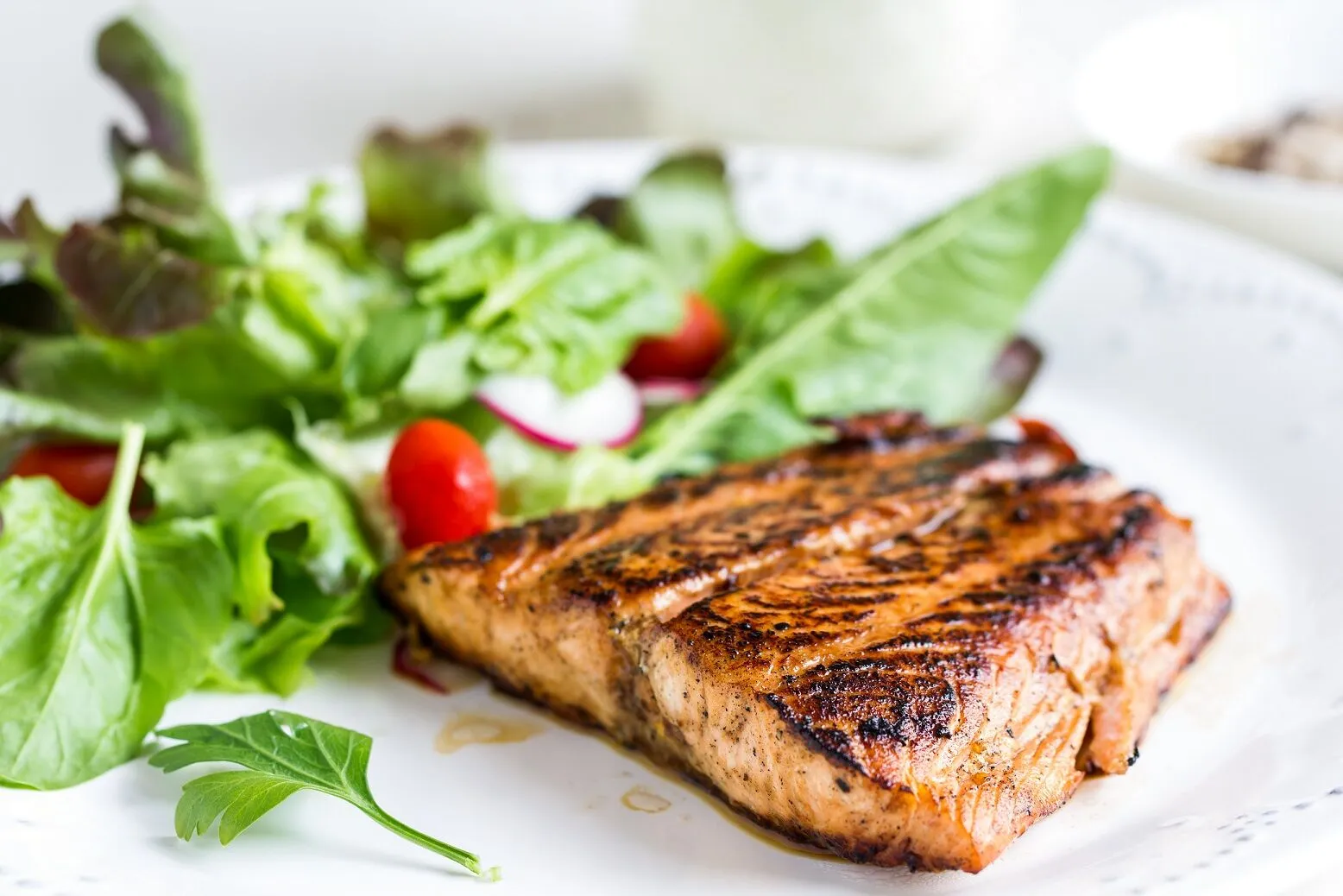
The Different Types of Non-Vegan Diets
- The Paleo diet: This diet is based on the premise that humans should eat the same foods that our Paleolithic ancestors ate. This means eating mostly meats, vegetables, and fruits, and avoiding processed foods, grains, and dairy.
- The Mediterranean diet: This diet is based on the eating habits of people who live in the Mediterranean region. It emphasizes eating plenty of fruits, vegetables, olive oil, fish, and nuts, and limiting red meat, processed foods, and sugar.
- The Atkins diet: This diet is based on the idea that you can lose weight by eating a high-protein, low-carbohydrate diet. This means eating plenty of meats, eggs, and vegetables, and avoiding carbohydrates like breads, pastas, and sugars. Pretty much the same as Keto.
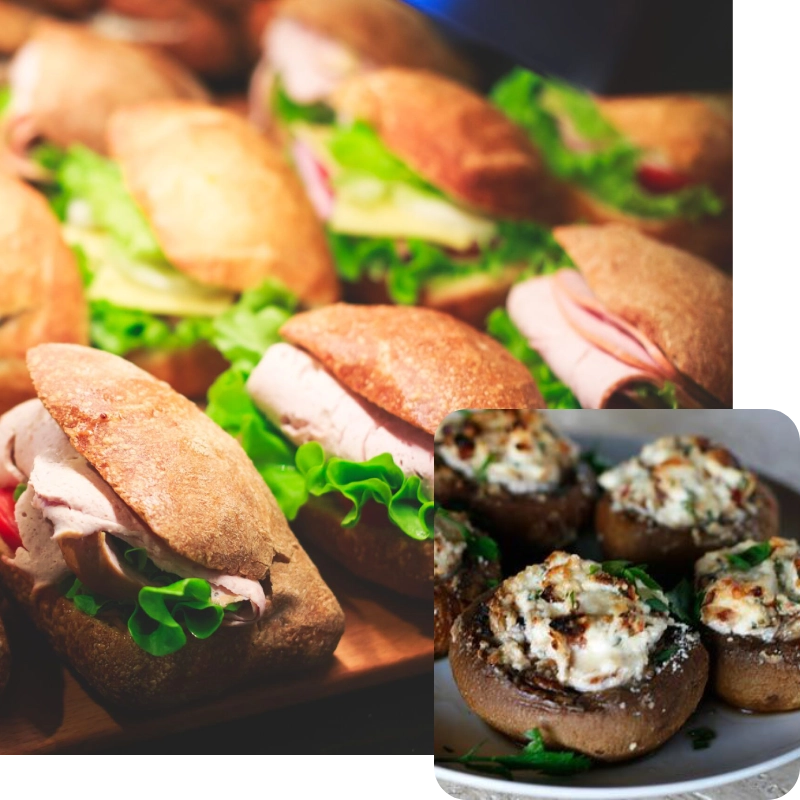
4. The South Beach diet: This diet is similar to the Atkins diet in that it emphasises eating protein and avoiding carbs. However, it also allows for some carbs in the form of whole grains and fruit.
5. The Dukan diet: This diet is a high-protein/low-carbohydrate diet that also allows for some fat intake. It consists of four phases: attack (high protein/low carb), cruise (high protein/moderate carb), consolidation (moderate protein/moderate carb), and stabilization (balanced protein/carb).
best possible catering experience
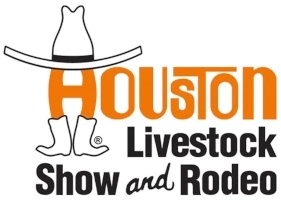

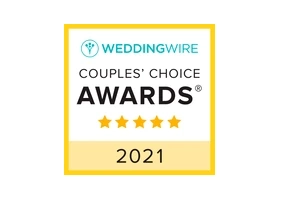
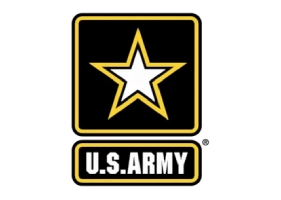
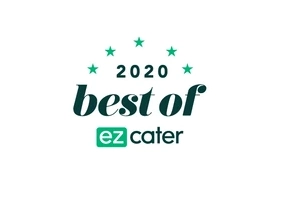
Pros and Cons of a Non-Vegan Diet
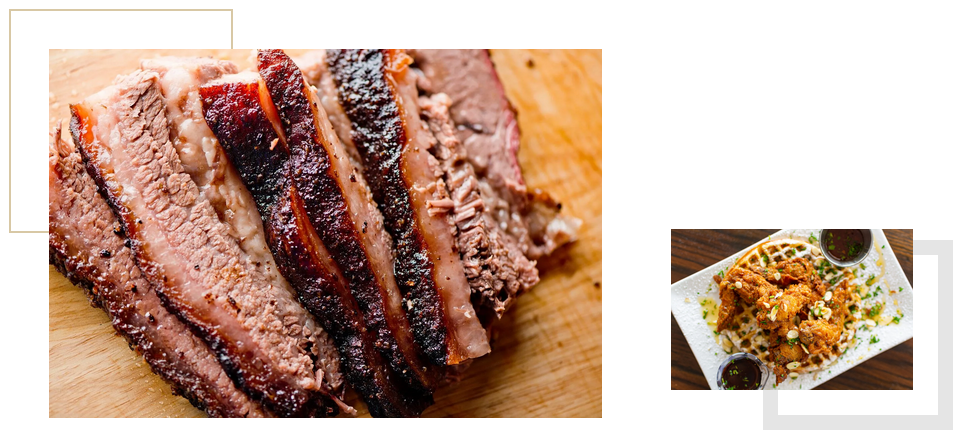
There are a few pros and cons of a non-vegan diet to consider before making the switch.
Pros
- You can still get all the nutrients you need without eating vegan foods.
- You have more food options available to you.
- You may find it easier to stick to a non-vegan diet if you have dietary restrictions or allergies.
Cons
- A non-vegan diet is not as environmentally sustainable as a vegan diet.
- You may miss out on some of the health benefits associated with a vegan diet, such as lower risk for heart disease and certain types of cancer.
- Eating animal products can increase your risk for foodborne illnesses.
What Foods to Eat on a Non-Vegan Diet?
Assuming you are not allergic to any foods, a non-vegan diet can be healthy as long as it includes a variety of nutrient dense foods. Below is a list of some healthful foods to eat on a non-vegan diet:
Grains: whole wheat bread, brown rice, oats, quinoa, barley
Protein: lean meats like chicken and fish, tofu, eggs, legumes
Dairy: low-fat or skim milk, yogurt, cheese
Fruits and vegetables: aim for at least 5 servings per day; include a mix of leafy greens, bright colored fruits and vegetables, starchy vegetables like potatoes
Recipes for a Non-Vegan Diet
Whether you’re looking to add some variety to your diet or you’re simply trying to cut down on your meat intake, these recipes are perfect for you. With a focus on fresh, whole foods, these dishes are hearty, nutritious, and delicious.
From savory breakfasts to filling dinners, we’ve got you covered. And don’t worry, there’s still plenty of flavor packed into each and every one of these recipes. So get cooking and enjoy!
Alternatives to the Non-Vegan Diet
There are many reasons why someone might want to avoid the standard American diet, which is typically high in animal products. Maybe you’re concerned about the health risks associated with consuming too much meat and dairy. Maybe you’re worried about the environmental impact of all that livestock farming. Or maybe you simply don’t like the taste of animal products.
Whatever your reasons, there’s no need to feel like you’re missing out on a healthy diet just because you’re avoiding meat and dairy. There are plenty of delicious and nutritious plant-based foods to enjoy, and with a little creativity, you can make meals that are just as satisfying as anything you could get from a steak or a cheeseburger.
Here are some ideas for alternative foods to include in your non-vegan diet:
Beans and legumes: These versatile ingredients can be used in everything from soups and stews to burgers and burritos. lentils, black beans, kidney beans, chickpeas, and soybeans are all great options.
Grains: Rice, quinoa, barley, oats, and wheat are all excellent sources of nutrients like fiber and vitamins. You can use them as sides or main dishes, or even make homemade breads and pastas.
Vegetables: Eat your greens! Dark leafy vegetables like spinach and kale are packed with nutrients, while root vegetables like carrots and potatoes provide filling bulk to meals. Don’t forget about tasty crucifer
EXCELLENTTrustindex verifies that the original source of the review is Google. We loved the barbecue brisket sliders and the deviled eggs. Food was so good. Will use you guys again! ♥️♥️🤤🤤Posted onTrustindex verifies that the original source of the review is Google. Thanks Erica! The food was amazing. I will order every holiday! You’ll be hearing from me for Christmas. Highly recommend!Posted onTrustindex verifies that the original source of the review is Google. I’ve been eating her food for years. When I found out she was expanding and becoming a catering business, I was delighted. Not only is the food amazing, but it is made from scratch and with love. You can’t go wrong with Texas Cater. Book her now!!!!!! Ps… her peach cobbler is to die for.Posted onTrustindex verifies that the original source of the review is Google. Heard about this business through a friend for a last minute gig, so I wasn’t sure what to expect. To my surprise the food was so delicious! Great presentation and there were a lot of food choices. The staff are really sweet and professional! Party went off without a hitch! I am one satisfied customer!